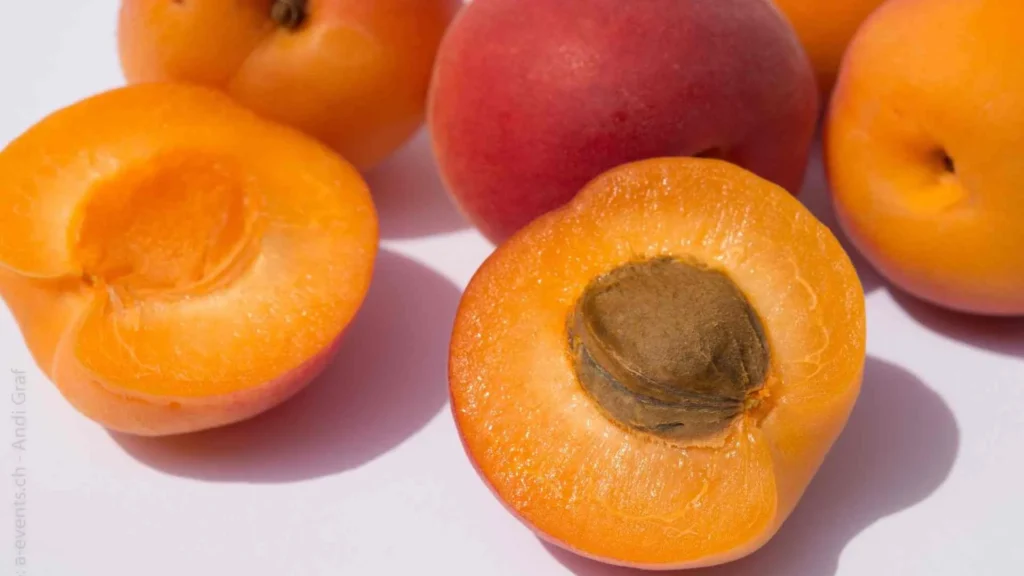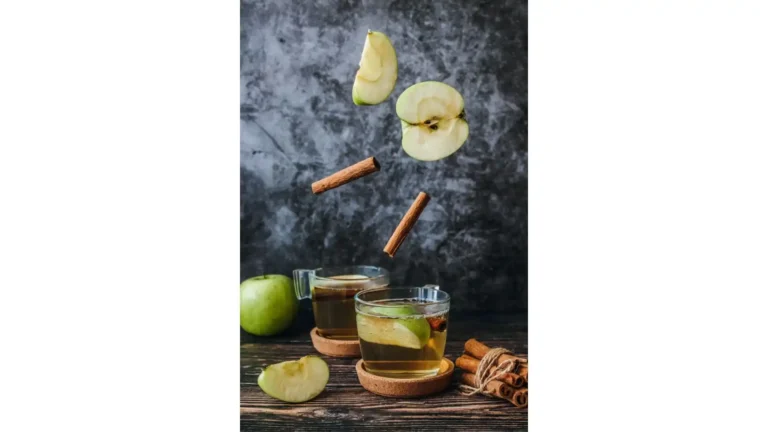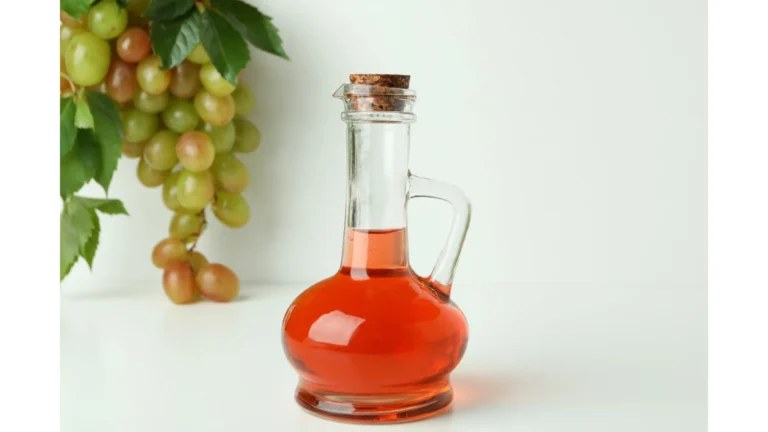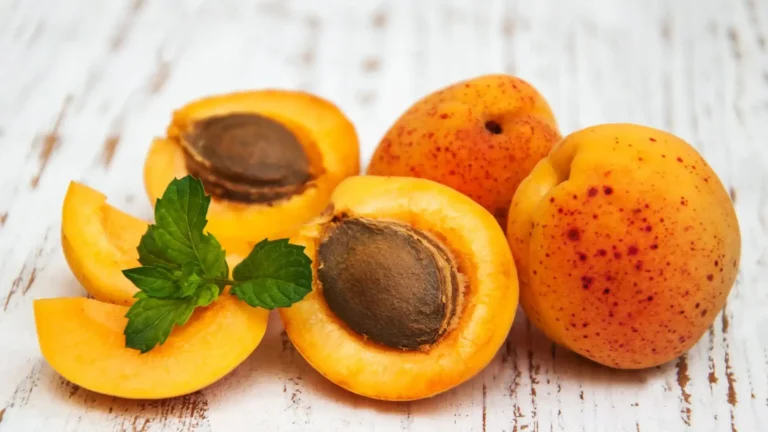Apricot seeds for cancer treatment have sparked considerable debate among scientists and health enthusiasts alike. Touted by some as a natural cure, these seeds contain amygdalin, a compound believed to attack cancer cells. However, the efficacy and safety of using apricot seeds for this purpose remain under scrutiny.
Research offers mixed results, and concerns about potential toxicity call for cautious consideration. This introduction explores the controversy, aiming to shed light on whether apricot seeds truly offer a viable alternative in cancer treatment.
Historical Use of Apricot Seeds
The historical use of apricot seeds in medicine spans several cultures and centuries. Traditionally, these seeds were valued for their purported health benefits, including pain relief and detoxification.
In ancient Chinese medicine, apricot seeds were prescribed to treat respiratory diseases and improve skin health. Similarly, Middle Eastern cultures used them for their anti-inflammatory properties.
Moreover, apricot seeds hold cultural significance in various countries. In Armenia, they are not only a dietary staple but also a symbol of rejuvenation and life, often incorporated into traditional dishes and remedies. In some regions of China, apricot seeds are considered a key ingredient in traditional healing practices, reflecting the deep-rooted belief in their medicinal value.
Through these diverse uses and significances, apricot seeds have maintained a place in the annals of traditional medicine across the globe. Their role in contemporary health discussions, particularly concerning cancer treatment, continues to draw from this rich historical background.
Apricot Seeds and Cancer
Apricot seeds and their role in cancer treatment revolve around a key claim: they can fight cancer cells. This belief is primarily linked to amygdalin, also known as Vitamin B17, a compound found in these seeds. Proponents argue that amygdalin releases cyanide when ingested, which they suggest selectively kills cancer cells without harming healthy ones.
Amygdalin’s supposed effects have sparked interest and controversy in equal measure. However, a summary of scientific evidence paints a more complex picture. Research has yet to conclusively prove that amygdalin can effectively treat cancer in humans.
While laboratory tests show that cyanide can kill cancer cells, the lack of selectivity and the potential for serious toxicity raise significant safety concerns. Clinical trials have not confirmed the purported benefits, and major health organizations warn against its use due to the risk of cyanide poisoning.
Therefore, despite the hopeful claims surrounding apricot seeds and amygdalin, the scientific consensus suggests caution, emphasizing the need for more rigorous research to evaluate their safety and efficacy in cancer treatment.
The Controversy
The controversy surrounding apricot seeds for cancer treatment is deeply rooted in the scientific community’s debate. Researchers are divided over the efficacy and safety of amygdalin, the compound found in apricot seeds that is both the basis of its purported cancer-fighting properties and the source of its risks.
A key concern is cyanide toxicity. Apricot seeds contain amygdalin, which can release cyanide when metabolized by the body. In high enough doses, cyanide can be lethal, leading to symptoms like headache, nausea, vomiting, and potentially fatal respiratory failure. This risk has led to warnings from health authorities regarding the consumption of raw apricot seeds.
Legally, the stance varies by country, but many have regulations against the sale of apricot seeds in certain forms due to the potential for cyanide poisoning. In the United States, the Food and Drug Administration (FDA) has issued warnings about the dangers of consuming apricot kernels and has taken action against companies selling apricot seeds or amygdalin as a cancer treatment.
These regulatory measures reflect the broader scientific and medical consensus that, despite anecdotal claims, the risks associated with apricot seeds outweigh any unproven benefits in cancer treatment.
Personal Stories and Case Studies
Personal stories and case studies often provide compelling narratives about the use of apricot seeds for cancer treatment. Individuals who have consumed apricot seeds sometimes share testimonials claiming significant health improvements or even recovery from cancer. These stories can be powerful and deeply personal, offering hope to those seeking alternative treatments.
However, notable case studies and clinical trials have yet to provide robust scientific evidence supporting these claims. Research in this area remains limited, and while some studies have explored the effects of amygdalin, the results have not conclusively demonstrated efficacy in treating cancer. The lack of large-scale, peer-reviewed clinical trials means that anecdotal evidence should be approached with caution.
It’s essential to distinguish between anecdotal evidence and scientific proof. Personal testimonials, though valuable for understanding individual experiences, do not equate to scientific validation. The effectiveness and safety of using apricot seeds as a cancer treatment remain unproven in the scientific community, underscoring the need for further research and clinical trials to evaluate their potential therapeutic benefits.
Alternative Cancer Treatments
Alternative cancer treatments have gained attention for their potential to complement conventional therapies. These include herbal remedies, acupuncture, dietary changes, and the use of supplements like vitamin C at high doses. Each method offers a unique approach to supporting the body’s health and well-being during cancer treatment.
Apricot seeds stand among these alternatives, primarily due to the presence of amygdalin, claimed by some to have anti-cancer properties. Compared to other alternative treatments, apricot seeds carry a specific concern due to the risk of cyanide poisoning, making them more controversial. While some alternatives focus on enhancing overall health, the debate around apricot seeds centers on their purported direct anti-cancer effects and associated risks
Consulting with healthcare providers is crucial when considering alternative cancer treatments, including apricot seeds. A healthcare provider can offer guidance on the safety and efficacy of various options, how they might interact with conventional treatments, and help navigate the complexities of cancer care. This consultation ensures that patients make informed decisions, balancing hope for benefits with a clear understanding of potential risks.
How to Use Apricot Seeds (If Advisable)
If considering the use of apricot seeds, it’s imperative to approach with caution due to potential cyanide toxicity. Recommended ways to consume apricot seeds, for those who choose to do so, include incorporating small amounts into the diet — for instance, grinding and sprinkling them over meals or blending them into smoothies. However, it’s crucial to adhere to strict dosage guidelines to mitigate the risk of cyanide poisoning.
Dosage is a critical aspect of safety when consuming apricot seeds. Generally, it’s advised not to exceed one to two seeds per day for adults, and always to start with the lowest possible dose to assess tolerance. It’s essential to consult with a healthcare provider before introducing apricot seeds into your diet, especially for individuals with cancer or those undergoing treatment.
Apricot seeds may interact with other treatments or medications, including those that affect blood sugar levels or have anti-coagulant properties. Their consumption could potentially interfere with the effectiveness of conventional cancer treatments or cause adverse effects when combined with certain medications.
Therefore, discussing any intention to use apricot seeds with a healthcare provider is not just advisable but necessary to ensure that they do not adversely affect your health or ongoing treatments.
FAQs on Apricot Seeds for Cancer Treatment: Do They Really Work?
Can apricot seeds cure cancer?
No, there is no scientific evidence that apricot seeds can cure cancer. While some proponents claim that the amygdalin (also known as Vitamin B17) in apricot seeds has anti-cancer properties, these claims are not supported by conclusive clinical research. Health authorities warn against relying on apricot seeds as a cancer treatment due to the lack of proven benefits and the risks of cyanide poisoning.
Is it safe to consume apricot seeds?
Consuming apricot seeds in small quantities may not be harmful to most people, but there is a risk of cyanide toxicity, especially if consumed in large amounts. The safety of apricot seeds depends on the dose; it’s generally advised not to exceed one to two seeds per day. Anyone considering adding apricot seeds to their diet should first consult with a healthcare provider.
Do apricot seeds interfere with conventional cancer treatments?
Apricot seeds could potentially interact with conventional cancer treatments. The cyanide released by amygdalin, when metabolized, might affect the efficacy of certain treatments or have adverse interactions with medications. It’s crucial for patients undergoing cancer treatment to discuss any use of apricot seeds or other alternative remedies with their healthcare provider to avoid any detrimental interactions.








